RAWALPINDI: 2020 saw a diversified fashion landscape in Pakistan, and experts and industry insiders hone in on the style stars to watch out for in the new year.
Maryam Nawaz
PML-N’s rising star has been in the spotlight for the last few months as she travels the country with the opposition alliance, and though she has become known (and heavily criticized) for wearing expensive designer brands, there is no doubt her sophisticated ensembles have become influential.
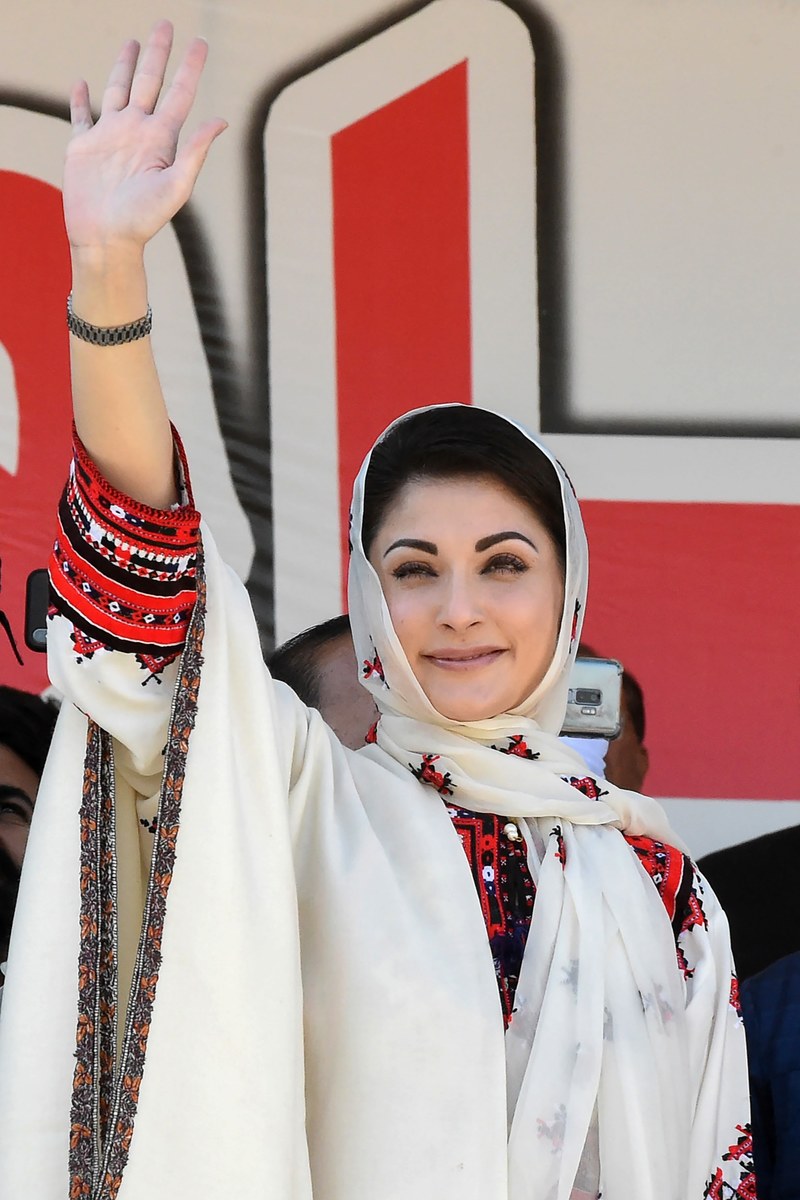
Maryam Nawaz, daughter of Pakistan's former prime minister Nawaz Sharif, and the leader of Pakistan Democratic Movement (PDM), waves to supporters during an anti-government rally in Quetta on October 25, 2020. (AFP)
“People want to see what Maryam is wearing whether they hate her or love her. Whatever your political leanings, there's no denying that everybody notices what she's wearing, whether it's a dupatta on her head, or her choices in jewelry in makeup,” Mehr F. Hussayn, author of Pakistan: a Fashionable History, the first book that details the history of Pakistan’s fashion industry, told Arab News over the phone.
Hussayn also spoke of how style has changed and who is driving these changes, including a younger generation that is using social media to showcase stylish inclinations and change what is available in the fashion market.
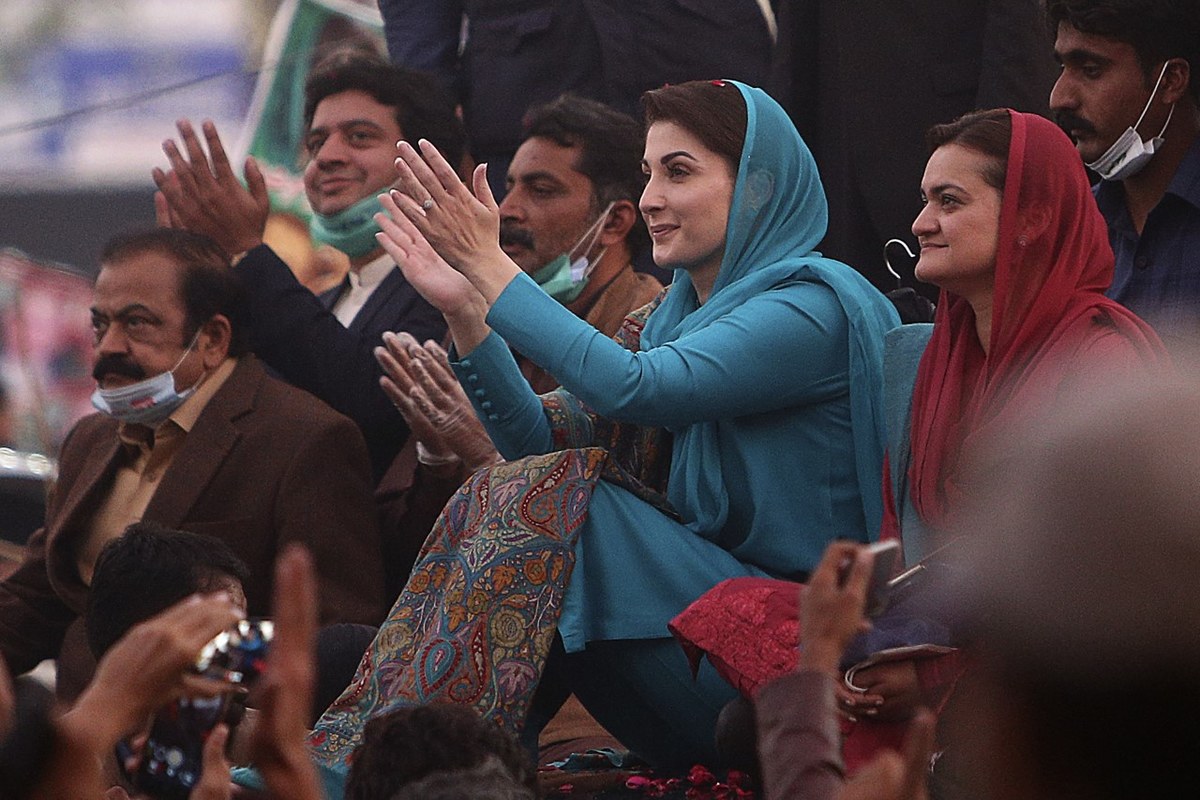
Maryam Nawaz (C), daughter of former Pakistani Prime Minister Nawaz Sharif, and leader of Pakistan Democratic Movement (PDM), attends an anti-government rally in Multan on November 30, 2020. (AFP)
“Style icons have emerged on platforms like Instagram,” said Hussayn. “People like Baemisaal... who is literally opening up a new market for jewelry, for style, and makeup, hair.
“We haven't seen anything this exciting in years."
Baemisaal
Artist Baemisaal represents an approach to fashion that does not remain within the confines of what others dictate is acceptable or fashionable. Baemisaal explores artistry through mediums such as jewelry making and make-up, and has fast become a disrupter of what style can be as a Pakistani, as well as who gets to participate, by sharing her work on Instagram.
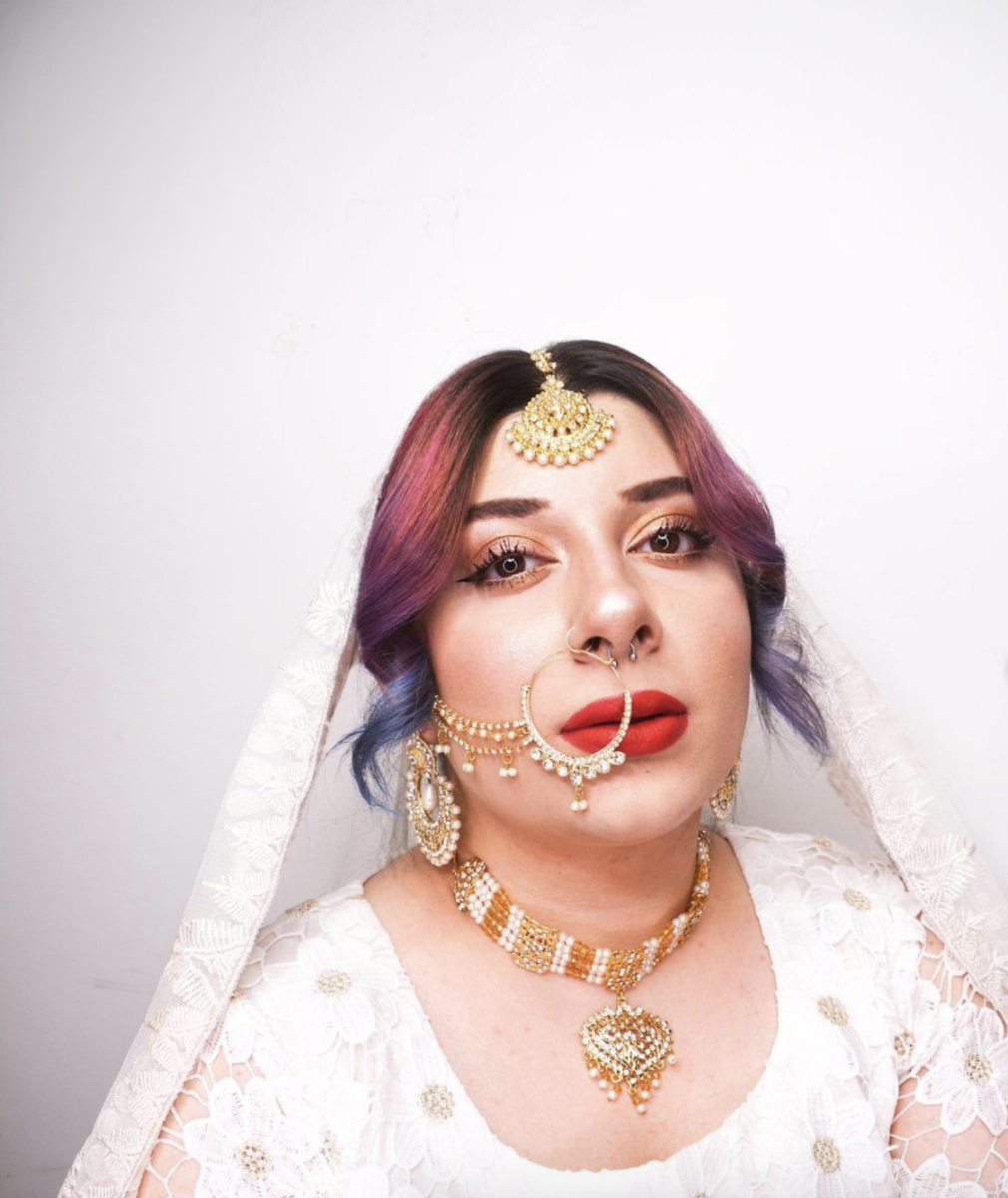
Artist Baemisaal shares a project showcasing a plus-sized Pakistani bride on her Instagram account on August 13, 2020. (Baemisaal)
"Social media has exposed how the public feels about things, but nobody lives in a bubble anymore and there is a resistance, a rebellion with people like Baemisaal who say we are not going to conform,” Harris Masood, brand strategist and stylist for mega high-street brand Generation, told Arab News over the phone.
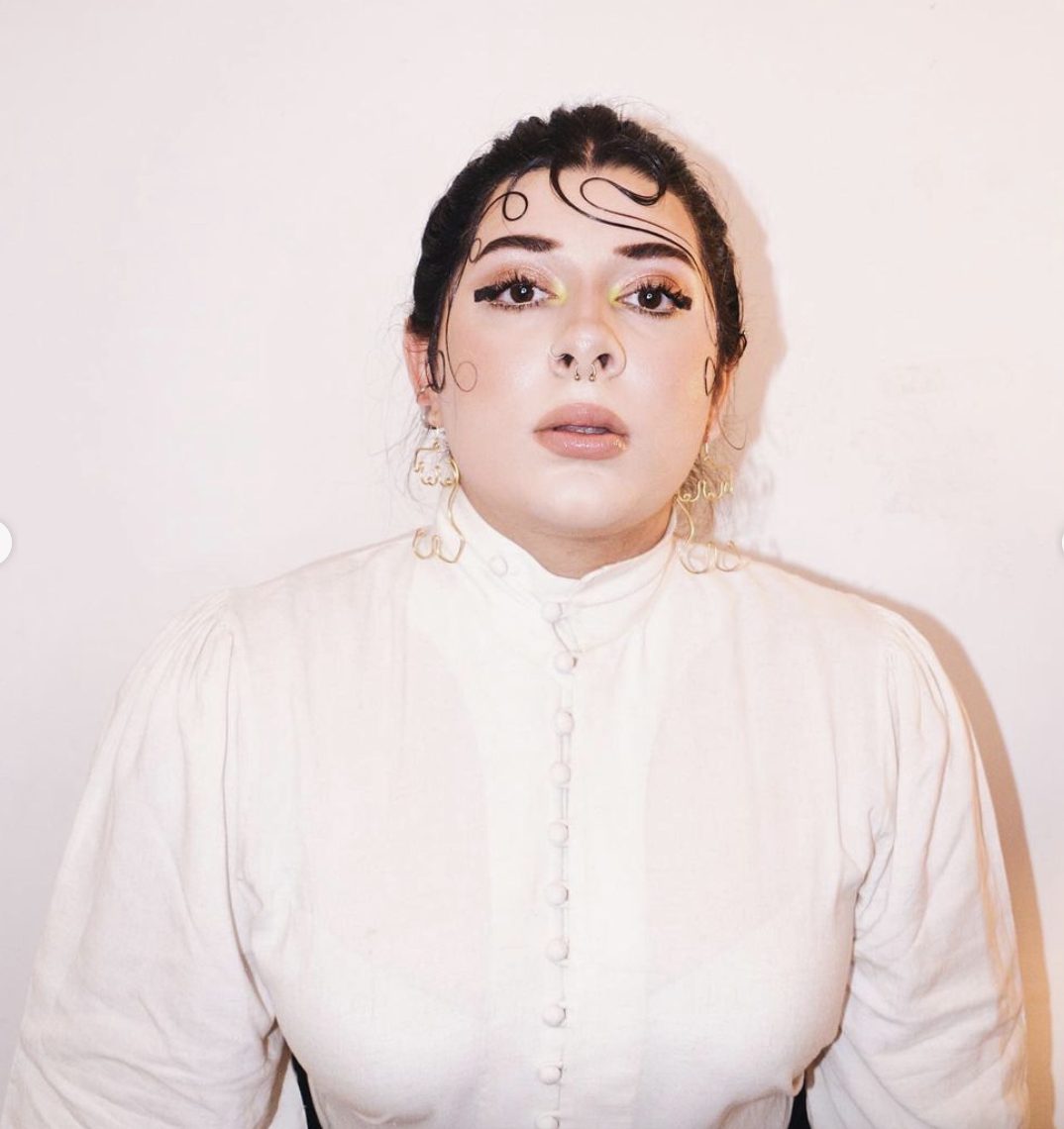
Artist Baemisaal in a plus-sized fashion editorial series on her Instagram account on December 15, 2020. (Baemisaal)
“People like her are really proving a point that style, that fashion is for everyone and it is whatever you want it to be.”
Wazhma Awan
The low-key stylist with maximalist style leanings who works for YBQ Design Studio, has an approach to style that has shirked following trends and what’s popular for what feels like natural choices for her. Though Awan does not share a ton on social media, her wedding looks which have included a headdress, have gone viral.
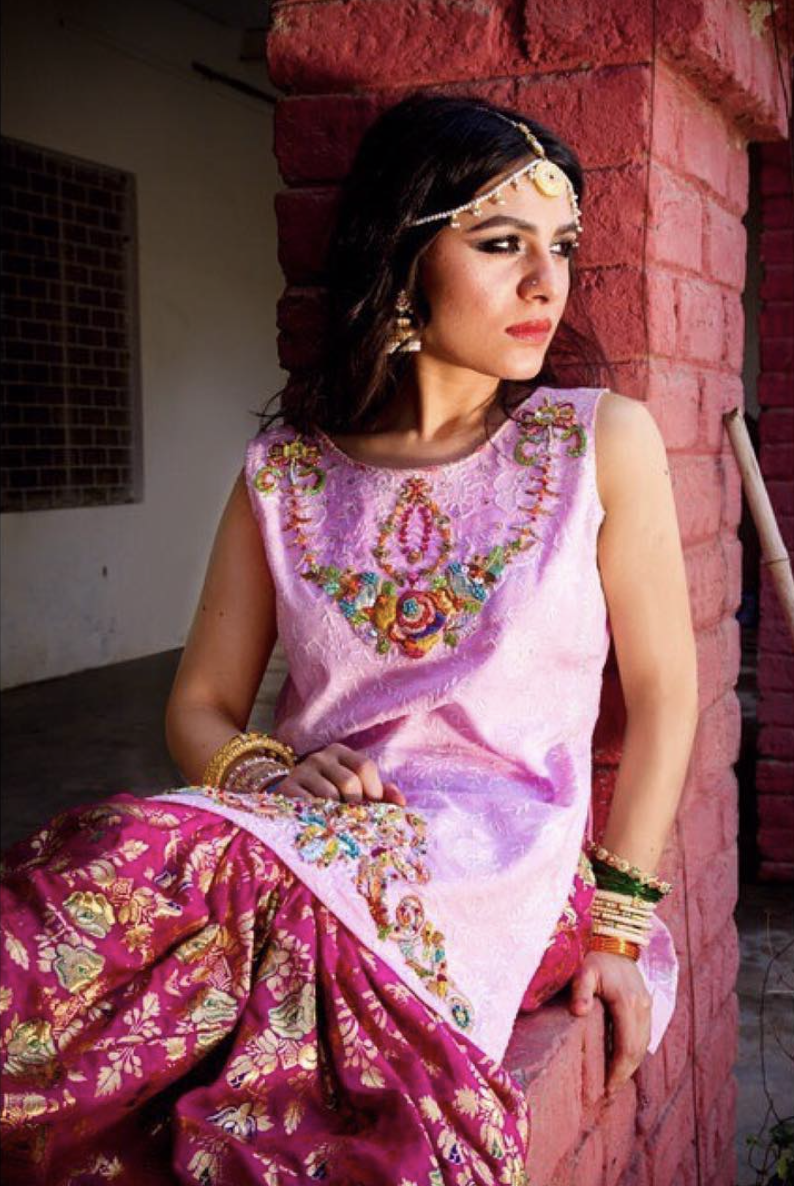
In this photo, stylist Wazhma Awan poses for a photo. (Photo Courtesy: Wazhma Awan Instagram)
Awan does not shy away from bold colors and makeup choices.
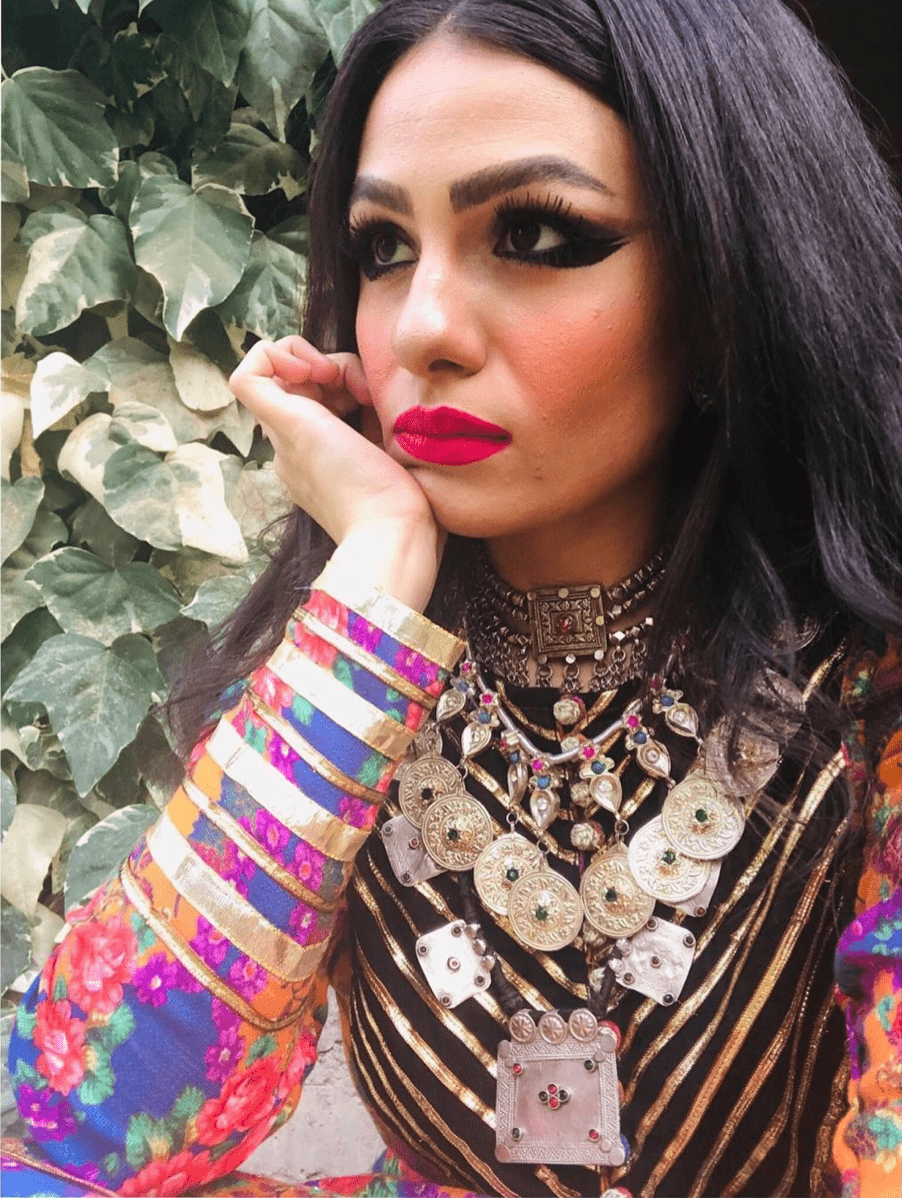
In this photo, stylist Wazhma Awan poses for a photo. (Photo Courtesy: Wazhma Awan Instagram)
“The way she emulates fashion and style is so inbuilt in her that you just cannot replicate it, its original, its inherent and it's just... it's just a sight to behold,” Masood said.
Rubab Ali
Model Rubab Ali’s style can be described as pushing the envelope, as she is never shy of trying a new trend or taking risks-- but her style is so wholeheartedly a depiction of her enjoyment of fashion, style, and herself, that others cannot help but be drawn towards it. You can find her as the natural muse for many of Pakistan’s top brands, makeup artists, and photographers when they want to bring exciting whimsy to life.
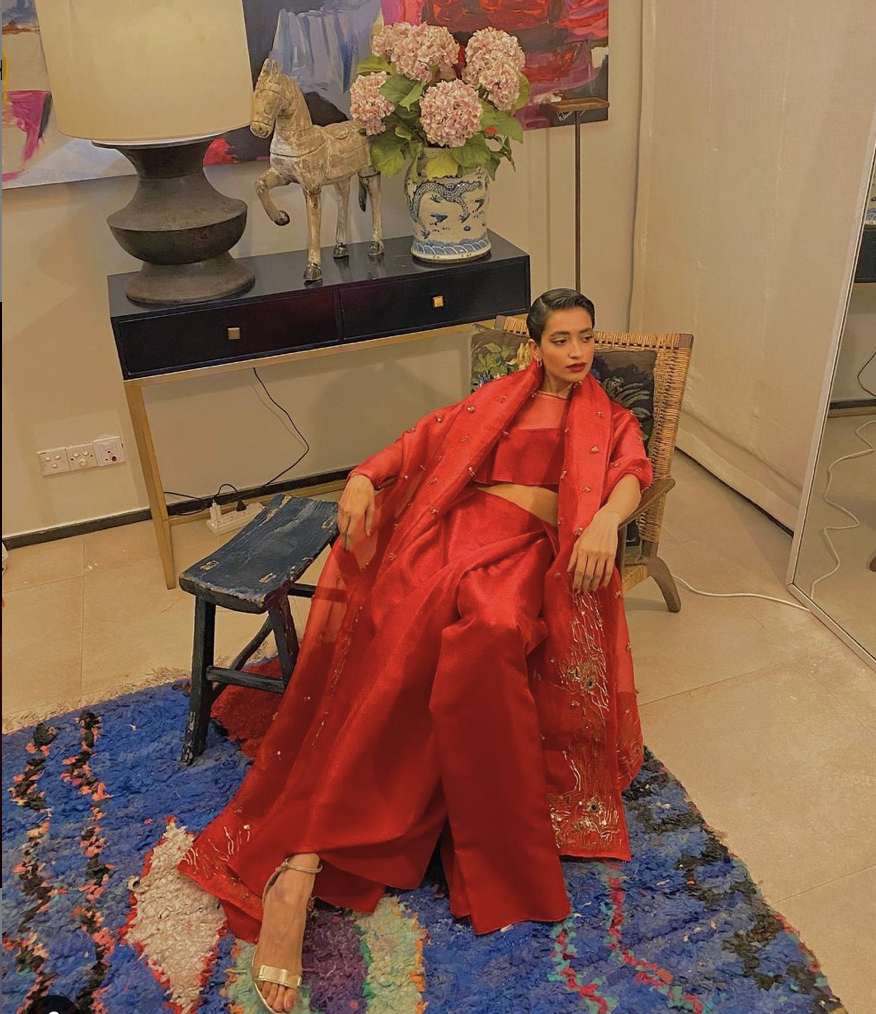
In this photo, Pakistani model Rubab Ali poses for a photo. (Photo Courtesy: Rubab Ali Instagram)
Enter, gentlemen
The fashion buck does not stop at Pakistani woman, and the country’s men are also changing up their style games, men’s fashion writer Haseeb Sultan told Arab News.
The evolution of men’s fashion has been long-awaited and highly welcomed, he said.
“When I started out as a fashion writer, there wasn't much happening in menswear, but now men have evolved to the point where they experiment with style,” Sultan told Arab News.
“They wear colors and patterns and the stigma attached to being a stylish man has dissipated a lot.”
Rehan Bashir
Designer Rehan Bashir’s style can be umbrellaed neatly under one descriptor: grace. The veteran designer has a style that is experimental but with a foundation built in paying respect to the fabric, cuts, and silhouettes of India and Pakistan. Bashir is known for his signature stacking of collected antique silver jewellery, his keen eye for mixing shawl patterns, and his playfulness with statement-making drapery.
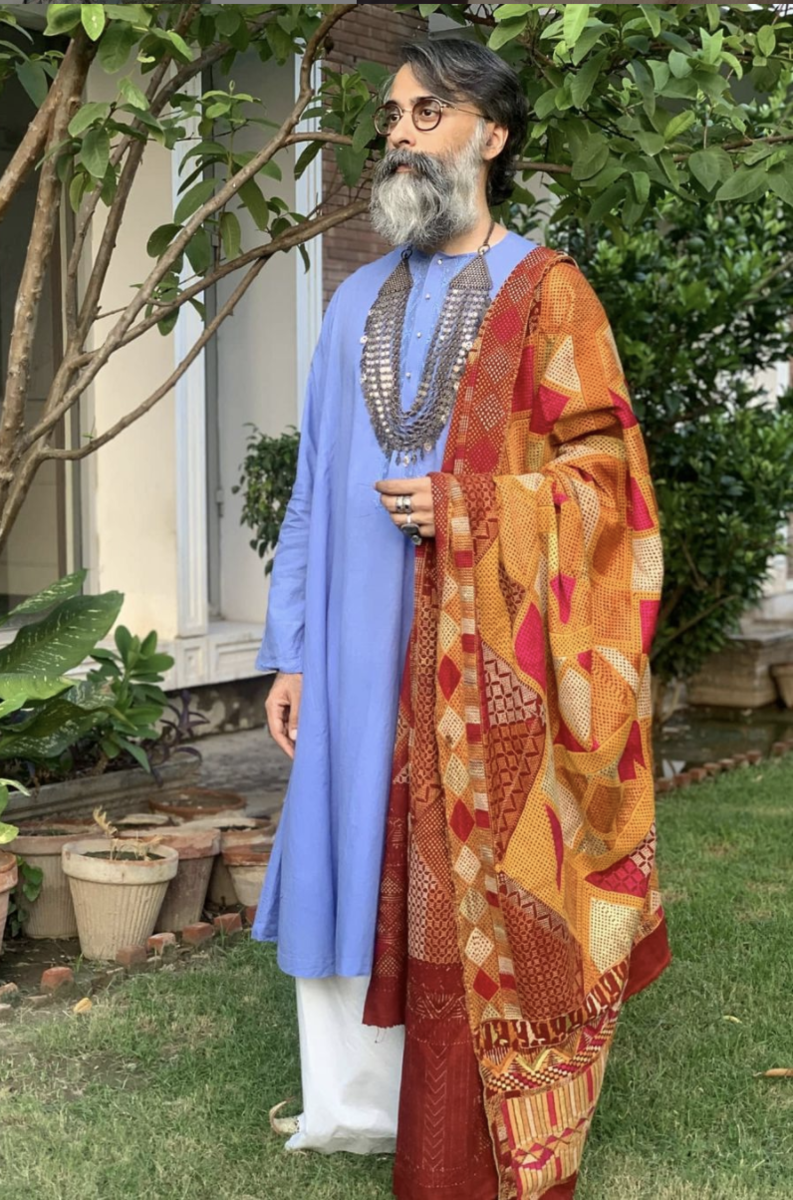
Designer Rehan Bashir shares an image on his Instagram page with stacked jade jewellery on November 5, 2019. (Rehan Bashir)
Hamza Asghar Bokhari
The creative director behind fashion brand Jeem has grown into a style star in his own right with his daily sharing of what he is wearing.
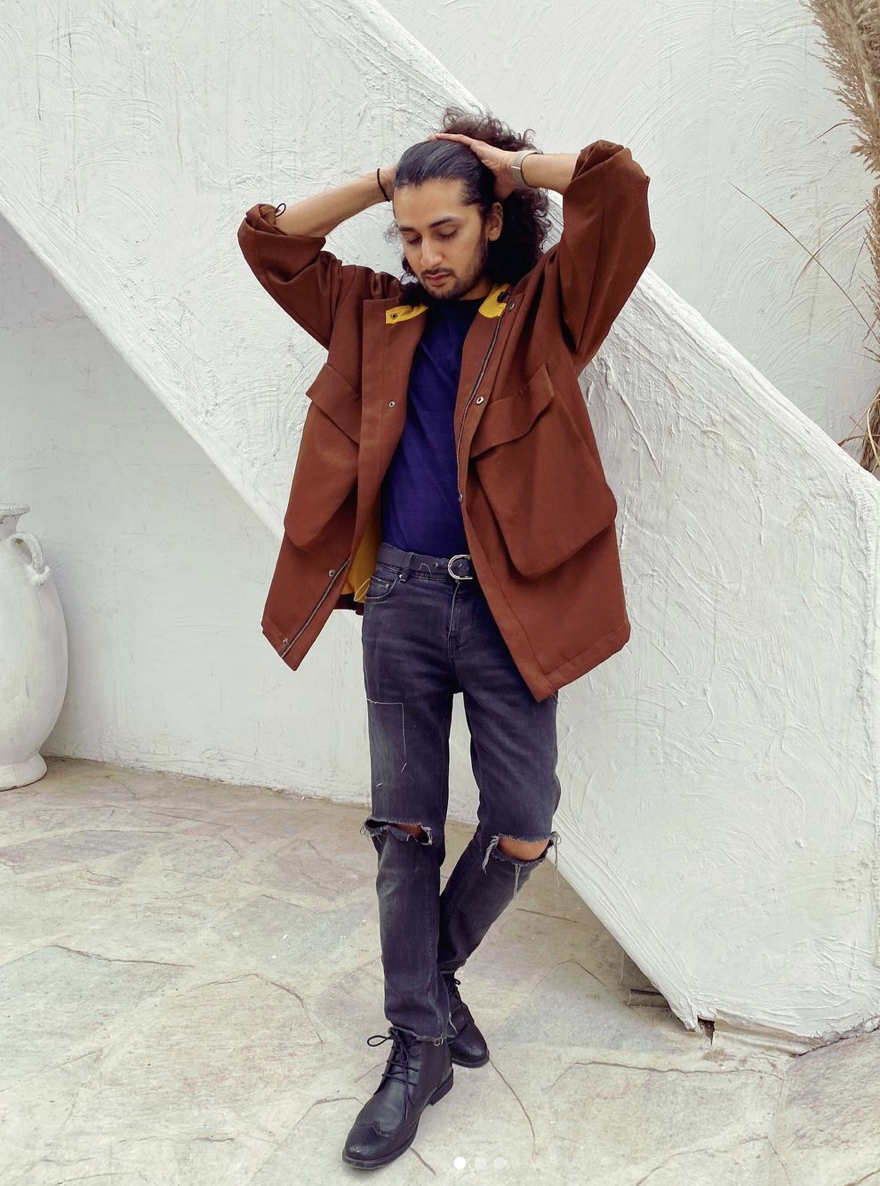
In this photo,creative director of brand Jeem Hamza Asghar Bokhari poses for a photo. (Photo Courtesy: Hamza Asghar Bokhari Instagram)
Bokhari rocked the wide-leg trousers before Harry Styles, who has been applauded for the move. But the trousers made complete sense in Bokhari’s wardrobe, which plays with volume and mixes up street fashion (both of the eastern and western variety) with upscale pieces. Bokhari is a demonstration of men in Pakistan who have fun with fashion, with a style sense that inspires unique shapes and cuts.
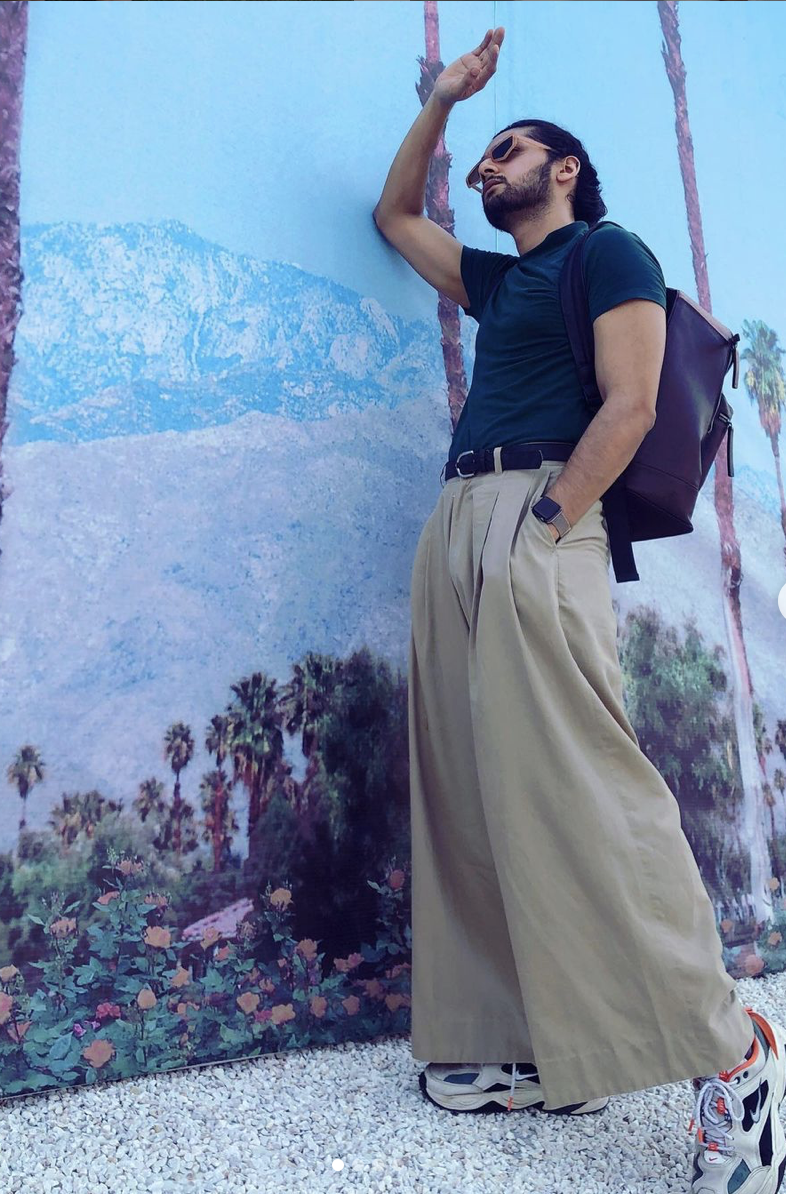
In this photo,creative director of brand Jeem Hamza Asghar Bokhari poses for a photo. (Photo Courtesy: Hamza Asghar Bokhari Instagram)














